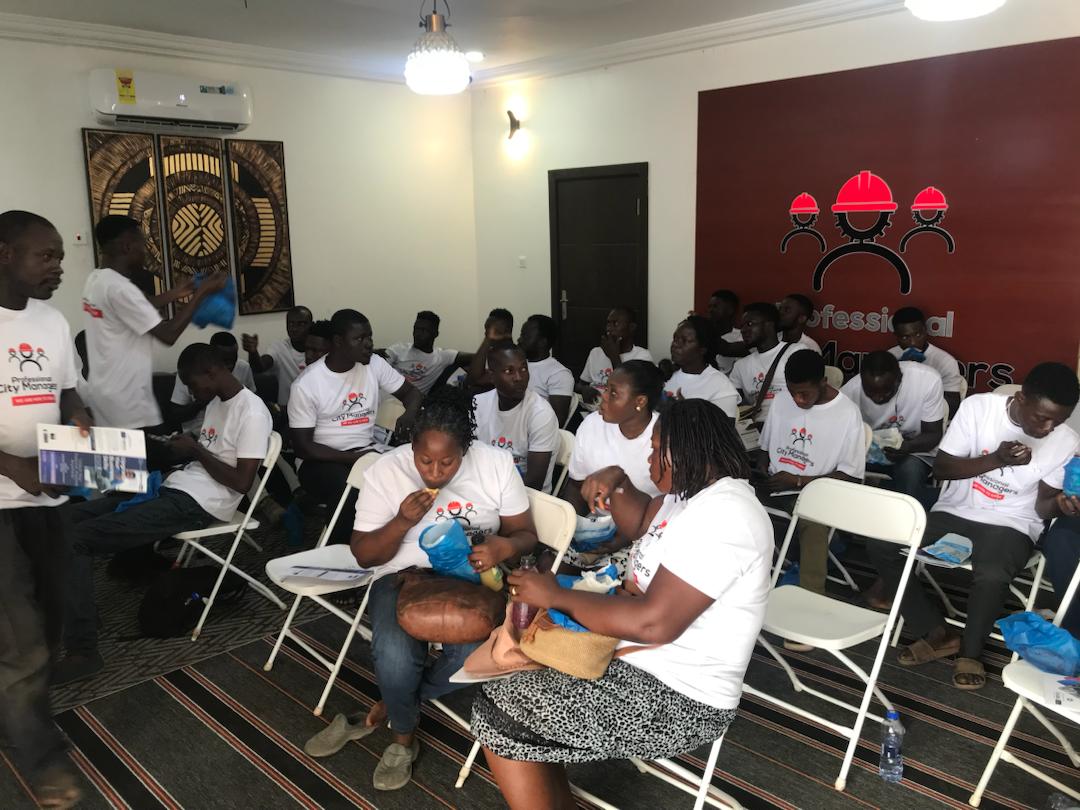
The Mudor Faecal and Waste Water Treatment Plant has begun full operations with a call on the Accra Metropolitan Assembly (AMA) to put in place a mechanism to ensure that no individual or group is allowed to discharge liquid waste into the sea.
We are currently operating fully. We receive about 250 trucks of human waste daily without any challenge,” Mr Haidar Said, the Managing Director of Sewerage System Ghana Limited, operators of the facility; said.
That notwithstanding, he appealed for government support to enable the company to expand its project to other parts of the country and added that without support, it would be extremely difficult to operate efficiently.
“We have made the investment, but now is the time for the government to give us all the support and assistance to deliver efficiently,” Mr Said made the appeal when the Deputy Minister of Environment, Science and Technology, Ms Patricia Appiagyei, led Parliament’s Select Committee on Local Government to tour the Lavender Hill/ Mudor Waste Water Treatment Plant.
The Plant
The purpose of the tour was to allow members of the Committee to familiarise themselves with the operations of the plant inaugurated in November last year.
The $80 million plant, which is owned and operated by Sewerage System Ghana Limited, is a subsidiary of Jospong Group of Companies.
It has a well-equipped laboratory, a 5,500 cubic metre tank and a machine for odour control, among other facilities.
Currently, the facility has the capacity to receive about 80 per cent of the entire liquid waste generated in the region.
Ms Appiagyei stressed the commitment of the government to partner the private sector to properly tackle the country’s sanitation situation.
She said one of the major focuses of the government was to join forces with the private sector in its agenda of improving Ghana's sanitation condition.
More partnership
Touching on the role of the private sector, Ms Appiagyei said since the management of waste played a crucial role in the development of every nation, there was the need for proper attention to be given to companies to improve the sanitation condition.
“Government alone cannot address the problem, so we will need the partnership and support of the private sector. The government intends to support this project to enable it to achieve the maximum target, she said.
Ms Appiagyei commended the management and operators of the faecal treatment plant for the investment made to help improve sanitation in the region.
The AMA had since 2010, been saying it would close down the Lavender Hill.
In 2013, it said six anaerobic digesters at the new scientific liquid waste facility at Mudor in Accra, intended to treat the waste into organic material and biofuel, could not process the 120 trucks of liquid waste generated in a day.
After a long battle between the Environmental Protection Agency (EPA) over the closure of Lavender Hill, which ended in court, the facility was completed in November 2016.
The Mudor Faecal and Waste Water Treatment Plant has begun full operations with a call on the Accra Metropolitan Assembly (AMA) to put in place a mechanism to ensure that no individual or group is allowed to discharge liquid waste into the sea.
"We are currently operating fully. We receive about 250 trucks of human waste daily without any challenge,” Mr Haidar Said, the Managing Director of Sewerage System Ghana Limited, operators of the facility; said.
Read Full Story



















Facebook
Twitter
Pinterest
Instagram
Google+
YouTube
LinkedIn
RSS